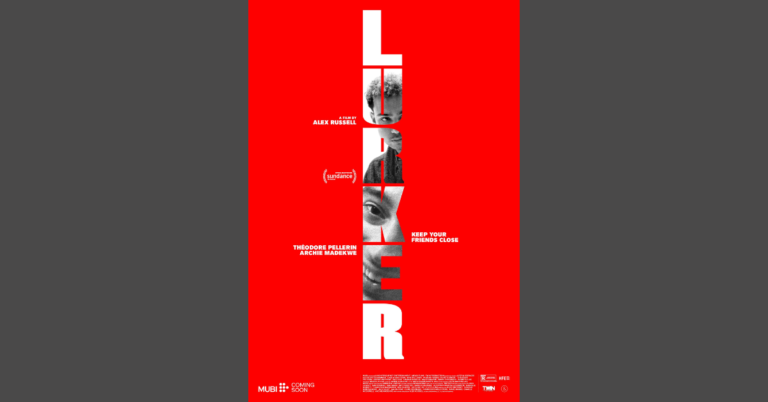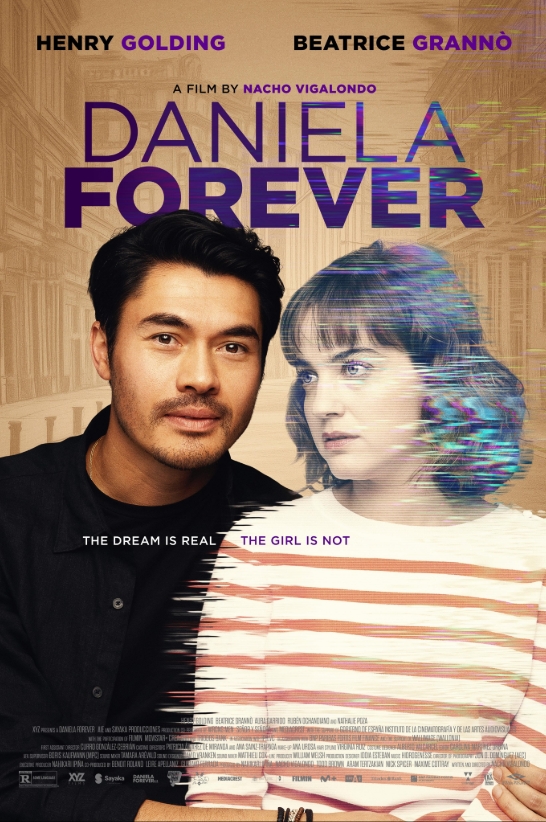Elton John: Never Too Late Christian Review

Elton John’s life is a tapestry woven with flamboyant performances, staggering fame, personal heartaches, and eventual redemption. Never Too Late, a film biography co-directed by David Furnish (John’s husband and manager) and RJ Cutler, ventures into the intricate layers of this icon’s life. It feels grand, yet oddly restrained—like it wants to dive deep but chooses to wade through the more sparkly, shallow waters instead. For fans, it’s an undeniably enjoyable romp. For skeptics or casual viewers, it’s a mixed bag of revelations, gloss, and carefully curated vulnerability.
But what does it offer those of us trying to understand not just the artist, but the man behind the rhinestones? If you dig beneath the surface, you might find some surprising reflections about humanity, brokenness, and even redemption. And yes, there’s a lot of bedazzled polka dots.
A Flashy Portrait with a Gentle Heartbeat
From the opening scenes, it’s clear that Never Too Late is a love letter—to Elton, his career, and his enduring relevance. It’s slick, stuffed to the brim with archival footage, dazzling costumes, and a soundtrack that makes you want to belt out “Tiny Dancer” in your living room. This is Elton John, after all—what else could you expect? Yet, there’s a surprising melancholy laced throughout, an unease that feels almost at odds with the exuberance on screen.
Maybe it’s Elton himself who brings that tone. In interviews, he comes across as gracious and reflective, but you can sense the weight of everything he’s lived through: the addiction, the fame, the fractured relationships. Even when he’s smiling, there’s a vulnerability that seeps through. This isn’t just a celebration of Elton John, the megastar—it’s a subtle, sometimes awkward acknowledgment of the cost of that stardom.
The Journey of Redemption: Is It Enough?
One of the most compelling threads in the film is Elton’s journey from self-destruction to stability. It’s not overly dramatic—no big, tearful breakdown scenes here—but the arc is there. You see glimpses of the chaos: the drugs, the parties, the emptiness that fame couldn’t fill. And then you see him now, sober for decades, devoted to his husband and children, and seemingly at peace.
For Christians, this part of the story resonates deeply. The themes of brokenness and redemption are universal, and Elton’s willingness to confront his past mistakes is both admirable and moving. He doesn’t shy away from admitting how lost he once was, and there’s a humility in that. But—and this is where it gets tricky—does the film dig deep enough into what brought about that transformation?
Elton attributes much of his stability to his family and his sobriety, which is beautiful in its own right. But the spiritual dimension feels absent, or at least unexplored. For those of us who see redemption as something rooted in grace and faith, it’s hard not to wonder what’s missing from the picture.
Family, Love, and the Complexity of Connection
One of the film’s quieter triumphs is its portrayal of Elton’s family life. His relationship with David Furnish and their children is a recurring theme, and it’s clear that this is where Elton finds his greatest joy now. There’s a warmth in the way he talks about them, a tenderness that feels genuine and unguarded.
For Christian viewers, this part of the story is both heartening and complicated. On the one hand, it’s impossible not to admire the love and commitment Elton shows to his family. On the other hand, his lifestyle and worldview don’t align with traditional Christian teachings. It’s a tension that’s hard to resolve, but perhaps that’s okay. Life is messy, and people are complex. Recognizing the good in someone’s story doesn’t mean we have to agree with every part of it.
The Glittering Surface and What Lies Beneath
If there’s one major criticism of Never Too Late, it’s that the film feels too polished, too safe. It’s an authorized biography, after all, produced by someone who knows and loves Elton deeply. That closeness brings a lot of heart to the project, but it also limits its scope.
The film focuses heavily on Elton’s rise to fame in the 1970s, and while those years were undeniably fascinating, they’re also well-trodden ground. We get the stories, the songs, the costumes—but what about the deeper questions? What drove Elton to seek solace in fame and excess? How did he make peace with himself after years of turmoil? These moments are hinted at but never fully explored.
As Christians, we’re drawn to stories that wrestle with these kinds of questions, that dig into the soul of a person’s journey. Never Too Late doesn’t quite go there. It’s a beautifully crafted portrait, but it feels more like an oil painting hung in a gallery than a raw, unfiltered snapshot of a man’s life.
Music as the Glue That Holds It All Together
Of course, the music is what really shines here. Elton’s songs are woven throughout the film, providing a soundtrack to his life that’s as iconic as it is emotional. Whether you’re a lifelong fan or just know the hits, it’s hard not to be swept away by the sheer brilliance of his artistry.
For Christians, music often has a unique power to connect us to something bigger than ourselves. While Elton’s songs aren’t explicitly spiritual, there’s an emotional depth to them that can feel transcendent. Tracks like “Your Song” or “Rocket Man” tap into universal themes of longing, love, and self-discovery. They remind us of the beauty and complexity of being human.
So, What’s the Verdict?
Never Too Late is a film that will likely divide its audience. For fans of Elton John, it’s a must-watch—a vibrant celebration of his life and career. For others, it might feel a bit too glossy, too hesitant to peel back the layers and reveal the raw humanity underneath.
As a Christian viewer, it’s a film that leaves you with mixed feelings. On the one hand, there’s so much to admire: Elton’s honesty about his struggles, his love for his family, his incredible talent. On the other hand, it’s hard not to wish for a deeper exploration of the spiritual dimensions of his journey.
Life, after all, isn’t just about finding stability or success—it’s about finding meaning. And while Never Too Late touches on that search, it doesn’t quite complete the thought.
Final Rating: 7/10
This isn’t a perfect film, but it’s a compelling one. It’s a portrait of a man who’s lived an extraordinary life, filled with both triumphs and regrets. For fans, it’s a joyful celebration. For Christians, it’s a reminder of the power of redemption, even if the full story isn’t told.
At its best, Never Too Late is a window into the heart of Elton John—a heart that, like all of ours, is longing for something more. And maybe that’s enough.




